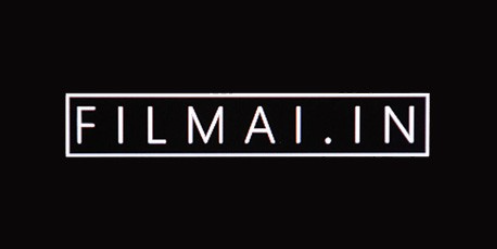Numerous reports published by the European Union over the past decade have linked higher levels of content piracy with lacking availability of legal content.
Restricted access to legal offers fuels the perception among citizens that piracy is an acceptable option, which in turn leads to higher levels of pirated content consumption. One way to combat that is by making content available and raising awareness, through the EU’s Agorateka platform, for example.
Member State Lithuania has faced criticism for its high piracy rates, including an EU finding in 2022 that 43% of young people mainly access movies from illegal sources. However, when Agorateka sends citizens to the country’s “Buy Legally” portal which doesn’t appear to exist, that doesn’t help when the same EU report (pdf) found that 50% of people said they would stop pirating content if it was made available legally.
Filmai – A Pirate Movie Service Like No Other
Filmai is the most famous movie and TV show piracy site in Lithuania. Founded in 2009 when access to legal content was exponentially worse than it is even today, Filmai is no ordinary piracy platform.
So that Lithuanians can access and enjoy international movies, the site hires translators and voice actors to create Lithuanian language streams and downloads. Since this costs money, Lithuanian visitors mostly pay to access the service. In 2021, it was revealed that Lithuanian officials were Filmai users.
At the same time, two alleged administrators of the site were under criminal investigation. Filmai had been infiltrated by anti-piracy investigators posing as translators. The team reportedly earned 111.17 euros for their work, and payment was sent to their PayPal account. The fates of two alleged operators of Filmai were announced yesterday.
One Conviction, One Acquittal
Following a legal process that took more than five years, relating to the activities of two men between 2010 and 2017, the Kaunas District Court handed down its decision last Friday. One of the defendants was acquitted of all wrongdoing but the other wasn’t so lucky.
The Lithuanian man, who hasn’t been named, was ordered to pay almost 50,000 euros in fines to rightsholders including 38,000 euros to the Lithuanian Copyright Collective Administration Association (LATGA) and 11,000 euros to All Media Lithuania (TV3 television).
The most significant component of the sentence is a confiscation order. Assets worth almost 200,000 euros will be seized from the defendant, who is also required to compensate LATGA for its legal costs.
LATGA Celebrates Win
In a statement issued yesterday, LATGA welcomes the district court’s verdict since it also serves as a reminder that takedown notices and ISP blocking are not the only anti-piracy options available to rightsholders.
“The legal acts also provide for the possibility to apply for the application of criminal liability to specific persons who administer illegal websites and receive financial benefits from such activities, at the same time claiming against them claims for compensation for property damage,” says LATGA director Laura Baškevičienė.
“This court decision only confirms that copyright violations are taken seriously and can lead to serious legal consequences.”
Filmai Appears to Be Thriving
While Filmai has suffered some downtime over the past few years, the site appears to be thriving. During the last three months of 2022, Filmai.in received around 1.8 million visitors per month, despite the site’s domains being blocked by internet service providers. Legal competitor Go3.lt receives around 1.9 million visits per month.
Also of interest is the significant amount of traffic Filmai attracts from abroad. Around 38% of the site’s total traffic comes from outside Lithuania, with the United Kingdom (19%), Norway (7%), Sweden (4%) taking the top spots according to SimilarWeb stats.
For reasons that aren’t entirely clear, visitors from Ireland recently increased by 78% and now account for 3% of Filmai’s overall traffic. All of this helps to maintain Filmai’s position among the top 120 most-visited sites in Lithuania.
Finally, it appears that Filmai also shared some of its spoils with the state. The entity behind the site paid around 287,000 euros in VAT over the years and between 2015 and 2017, declared another 56,000 euros in VAT as payable. That in itself doesn’t render the site legal but it does suggest demand in what appears to be an underserved market.






